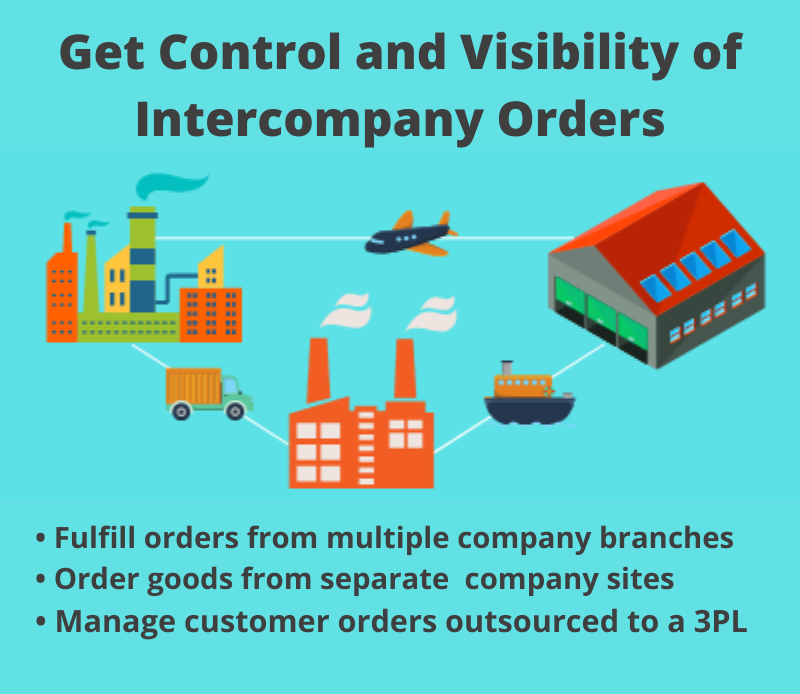
Artificial intelligence (AI) has the power to transform manufacturing. It is still early in its implementation and particularly in scaled deployment. Still, more and more manufacturers are discovering that they can plan, manage, and improve processes and productivity throughout their enterprise by leveraging artificial intelligence.
A recent MIT survey revealed that 62% of manufacturers believe AI will find a place in up to 30% of their processes in the next three years. 29% say they expect AI to be in use in up to 40% of their operations, and 9% expect AI to be used in up to 50% of their processes.
What does AI look like in manufacturing? How are companies putting it to use?
AI uses your historical data to design algorithms that maximize efficiency, improve product quality, achieve incredible speed and visibility across the supply chain, optimize inventory management, and plan future actions.
Let’s look at some of how AI is used in manufacturing today.
Supply Chain Management
Today’s supply chains are complex networks with a myriad of parts and locations. Getting products from production to customer on time is of utmost concern, and AI’s use in supply chain management is rapidly increasing. From inventory management to material loading and delivery, AI applications are helping manufacturers manage their supply chain operations in a more organized way.
AI solutions can enable businesses to manage inventory levels. AI-powered demand forecasting tools provide more accurate results than engineers’ traditional demand forecasting methods in manufacturing facilities.
Keeping the factory floor stocked with all necessary inventory is a challenge AI can help manage. AI can look at component quantities and expiration dates to optimize the distribution throughout the factory floor.
Warehouse management & logistics is one of the most popular AI use cases for the manufacturing industry. AI tools and applications can optimize warehouse management and logistic operations more efficiently and intelligently to reduce transactions and increase capacity. AI can improve logistics throughput, increase customer order accuracy, and reduce return rates.
Customer Management
AI applications for manufacturing can quickly understand customer issues and provide personalized solutions. AI can help companies increase response time, provide a more personalized customer experience, more quickly identify problems, prioritize improvements and help companies make better-informed decisions using customer data.
Price forecasting
A constant challenge for manufacturers is the price volatility of raw materials. Your organization must accurately predict the unstable price of raw materials to retain your competitive edge. AI algorithms can do so more accurately than humans.
Quality assurance
By using machine vision technology, AI systems can detect visible product defects and alert workers to react to make adjustments.
AI systems can also detect flaws in products that are too small to be noticed by the naked eye. Additionally, machines can be equipped with cameras many times more sensitive than our eyes – and thanks to that, detect even the most minor defects. Machine vision allows devices to see the products on the production line and spot any imperfections.
Safety in the Workplace
The Covid-19 pandemic has driven the use of artificial intelligence in workplace safety. AI can identify employees, monitor employee interactions for contact tracing and facility sanitization. AI can also be used for long-term solutions associated with workplace safety events before they happen, like falls and slips.
Process Optimization
Uncovering the parameters that give the highest product quality and the most significant process productivity is not easy. Running tests to optimize process parameters can be costly and time-consuming. With AI, engineers can more quickly find the best process method for different products and continuously learn to improve process parameters.
AI process mining tools can identify and eliminate bottlenecks in the organization’s processes so manufacturers can take the appropriate actions to mediate the problem.
Yield prediction is natural for AI in manufacturing. Predicting yield can prepare stakeholders across the supply chain on future component needs and alert management about the production time needed to meet demand. Yield prediction is a data-heavy complex problem that will require AI to solve.
Taking advantage of AI technologies can make your organization stronger, leaner, more agile, and more competitive. It can enhance your analytic capabilities, so you can reduce costs, more efficiently use resources, anticipate demand, and make better decisions.
If you know us, you know we are passionate about helping you transform your business processes. We are working with AI professionals to develop a range of AI solutions for the QAD environment. Contact us for a discussion about how we can help you.
Recommended reading:
Scaling AI in Manufacturing Operations: A Practitioners’ Perspective
Successful AI use cases in Manufacturing
- Intelligent maintenance
- Product quality control
- Demand planning




